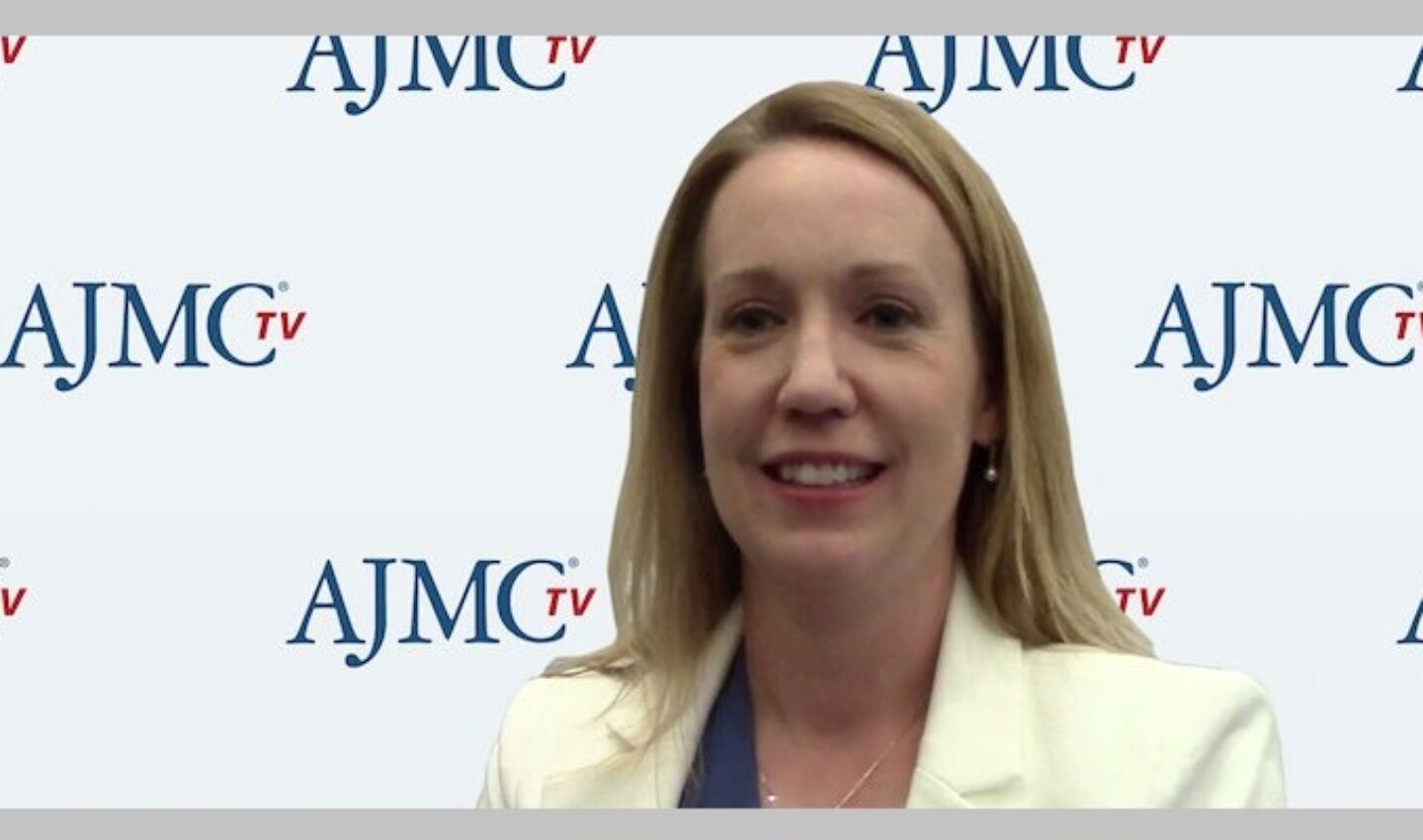There isn’t a one-size-fits all solution for identification and treatment of patients at risk for misuse or abuse of controlled substances, but Kimberly Lenz, PharmD, shares an effective new approach UMass Medical School is taking in the battle against addiction in an interview with the American Journal of Managed Care.
As a clinical pharmacy manager in UMass Medical School’s Office of Clinical Affairs, Lenz is in a unique position to offer insight on what works when approaching the challenge of treating patients with substance use disorder. As part of her role, Lenz serves as a pharmacy leader for MassHealth, the Massachusetts Medicaid program. She is part of a team that manages opioid pain medications for MassHealth.
In the interview, Lenz explains how UMass Medical School is changing their current risk identification methodology to ensure resources are being used wisely in the fight against substance use disorder, as well as some of the red flags her team looks for when evaluating risk.
“At our plan, we currently use the methodology of 11 or more controlled substances written by four or more providers or filled by four or more pharmacies. We are looking to change that into a more risk-based criteria, where it’s not an arbitrary number of prescriptions or providers, but more a combination of things that put a member at greater risk of either an overdose or some other concerning event,” said Lenz, who is also an assistant professor of Family Medicine and Community Health.
Lenz goes on to explain that prescriptions for combinations of certain drugs, like opioids, gabapentins, stimulants and skeletal muscle relaxants, can be reliable warning signs as well and have historically correlated to overdose events.
Approaches to treatment for patients at risk of drug misuse differ greatly from other drug treatments, Lenz explained. “You can’t just assume the criteria will be a one-size-fits-all for everybody,” she said.
She adds, “I think you have to take into consideration if you have a beneficiary who recently started on addiction treatment or had a significant change in their medical history—recent diagnoses of cancer, things like that.”
These kinds of patients require closer monitoring to make sure they really require medical intervention. “I think you have to give those members a little bit more time before you put them into a program to see what their long-term treatment will look like,” Lenz said.


